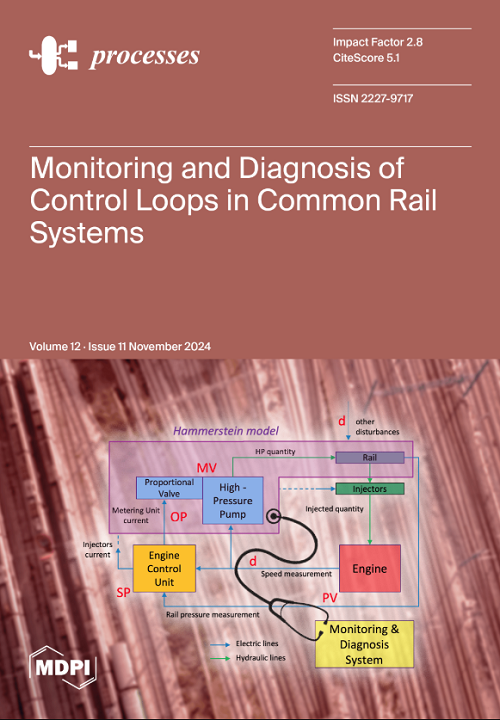Quaternary Treatment of Urban Wastewater for Its Reuse
IF 2.8
4区 工程技术
Q2 ENGINEERING, CHEMICAL
引用次数: 0
Abstract
In today’s ongoing rapid urban expansion, deforestation and climate changes can be observed mainly as unbalanced rain occurrence during the year, long seasons without any rain at all and unordinary high temperatures. These adverse changes affect underground water levels and the availability of surface water. In addition, quite a significant proportion of drinking water is used mainly for non-drinking purposes. With several EU countries increasingly suffering from droughts, reusing quaternary treated urban wastewater can help address water scarcity. At the European level, Regulation 2020/741 of the European Parliament and of the Council of 25 May 2020 on minimum requirements for water reuse was adopted. This regulation foresees the use of recycled wastewater mainly for agricultural irrigation. This article provides an overview of various processes, such as filtration, coagulation, adsorption, ozonation, advanced oxidation processes and disinfection, for quaternary treatment of urban wastewater in order to remove micropollutants and achieve the requirements for wastewater reuse. According to the literature, the most effective method with acceptable financial costs is a combination of coagulation, membrane filtration (UF or NF) and UV disinfection. These processes are relatively well known and commercially available. This article also helps researchers to identify key themes and concepts, evaluate the strengths and weaknesses of previous studies and determine areas where further research is needed.城市污水的四级处理及其再利用
在城市快速扩张的今天,森林砍伐和气候变化主要表现为全年降雨量失衡、长期无雨和气温异常偏高。这些不利的变化影响了地下水位和地表水的供应。此外,相当一部分饮用水主要用于非饮用目的。随着一些欧盟国家日益遭受干旱之苦,对经过四级处理的城市污水进行再利用有助于解决水资源短缺问题。在欧洲层面,欧洲议会和理事会于 2020 年 5 月 25 日通过了关于水回用最低要求的 2020/741 号条例。该条例规定,回收废水主要用于农业灌溉。本文概述了用于城市污水四级处理的各种工艺,如过滤、混凝、吸附、臭氧、高级氧化工艺和消毒,以去除微污染物并达到废水回用的要求。根据文献资料,在经济成本可接受的情况下,最有效的方法是将混凝、膜过滤(超滤或纳滤)和紫外线消毒结合起来。这些工艺都比较知名,并可在市场上买到。本文还有助于研究人员确定关键主题和概念,评估以往研究的优缺点,并确定需要进一步研究的领域。
本文章由计算机程序翻译,如有差异,请以英文原文为准。
求助全文
约1分钟内获得全文
求助全文
来源期刊

Processes
Chemical Engineering-Bioengineering
CiteScore
5.10
自引率
11.40%
发文量
2239
审稿时长
14.11 days
期刊介绍:
Processes (ISSN 2227-9717) provides an advanced forum for process related research in chemistry, biology and allied engineering fields. The journal publishes regular research papers, communications, letters, short notes and reviews. Our aim is to encourage researchers to publish their experimental, theoretical and computational results in as much detail as necessary. There is no restriction on paper length or number of figures and tables.
 求助内容:
求助内容: 应助结果提醒方式:
应助结果提醒方式:


